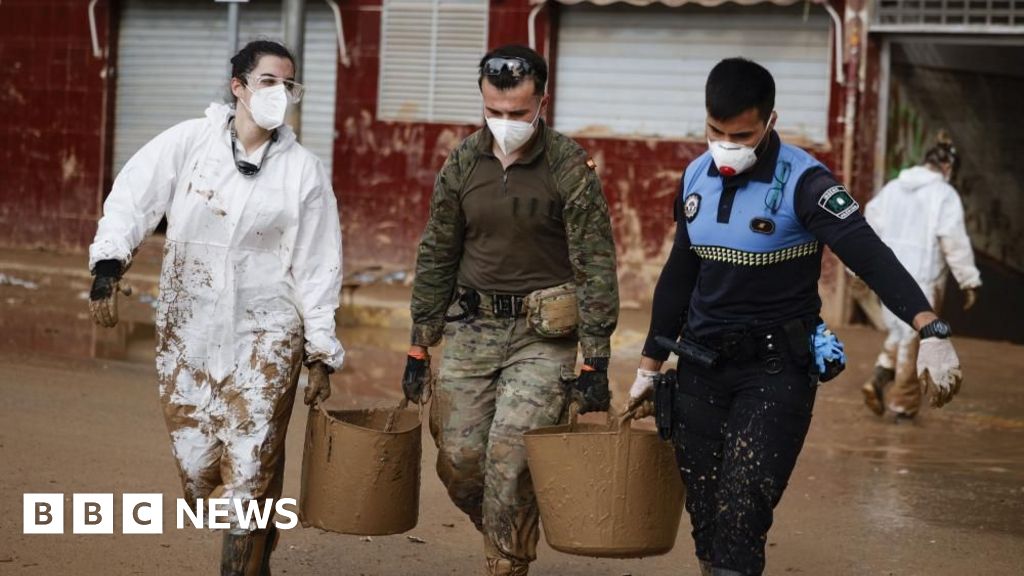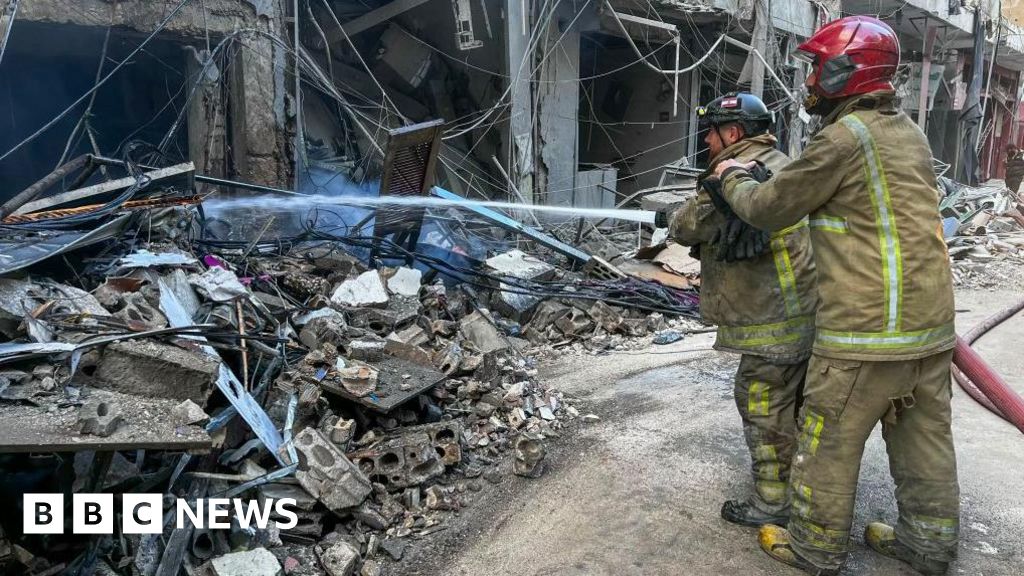ARTICLE AD BOX
Image source, Getty Images
Trading in Evergrande shares has been suspended after bondholders in the world's most heavily indebted property developer reportedly said the firm had missed interest payments.
Shares in its property services unit were also suspended.
The Hong Kong Stock Exchange did not say why trading had been halted or who initiated the suspensions.
The China-based company's problems have rocked markets over concerns about its more than $300bn (£222bn) of debt.
Shares of Evergrande and its Evergrande Property Services Group unit were halted and "all structured products relating to the company will also be halted from trading," a regulatory filing with the Hong Kong stock exchange said.
Evergrande shares have fallen by almost 80% since the start of this year.
Hong Kong's benchmark share index was more than 2.5% lower in Monday morning trade.
What has been happening with Evergrande?
In recent weeks Evergrande has struggled to make payments to investors in its bonds and wealth management products.
Last Thursday, the cash-strapped group said that its wealth management business had made a 10% repayment on its products , which are mainly owned by Chinese retail investors,.
That contrasts with reports of overseas bondholders saying the company had failed to make interest payments by the date they were due.
The hugely indebted property giant reportedly missed interest payments to overseas investors last week for the second time in a matter of days. It was due to pay foreign bond holders $47.5m by Wednesday.
But bondholders told Reuters news agency and Bloomberg that they were yet to receive any payment.
Under agreements with investors, the company has a 30-day grace period before the missed payments officially become a default.
Evergrande has interest debt payments of more than $160m due in the next month.
The company's total liabilities are equal to around 2% of China's gross domestic product.
That has triggered concerns that its problems could spread through the world's second largest economy and send shockwaves around the global financial system.

 3 years ago
33
3 years ago
33








 English (US)
English (US)